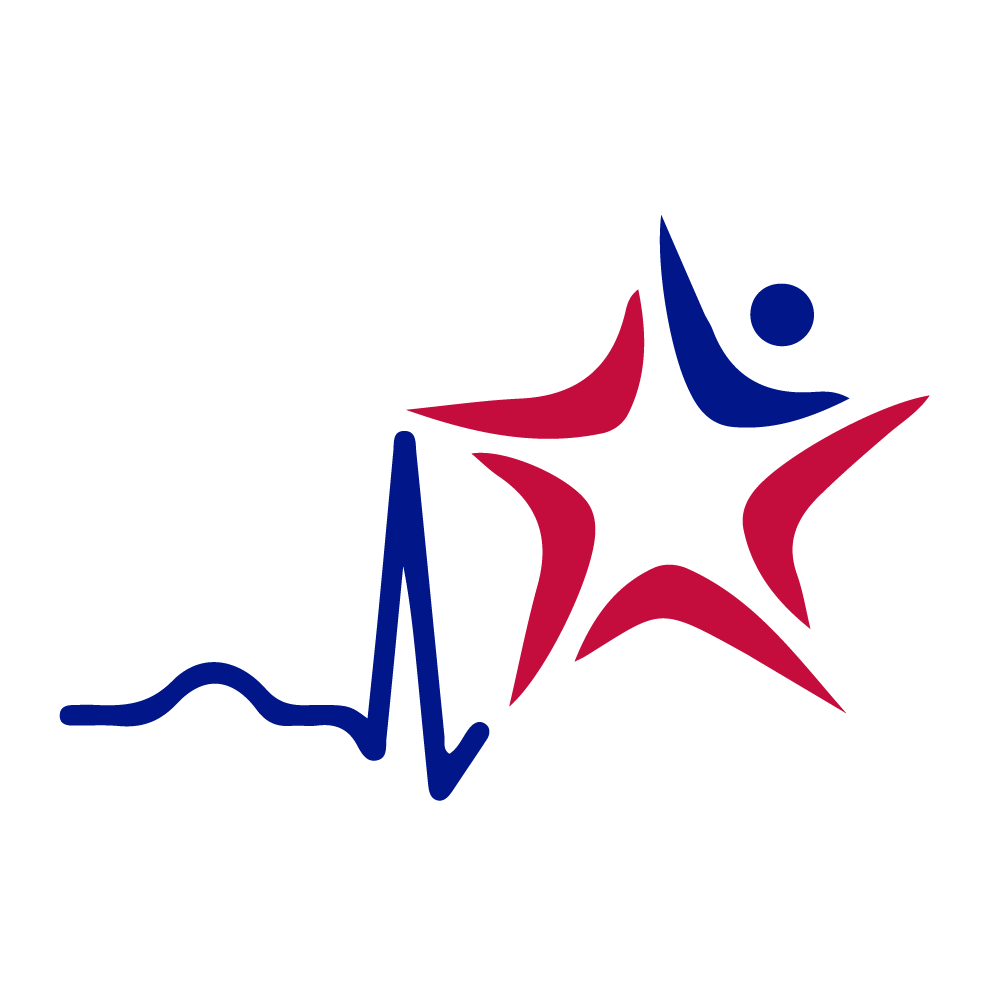Congestive Heart Failure (CHF)
Signature Health Services can assist you with CHF needs at home
Congestive Heart Failure (CHF) and how we care for it
Certain heart conditions, such as narrowed arteries in the heart (coronary artery disease) or high blood pressure, gradually leave the heart too weak or stiff to fill and pump blood properly.
Any of the following conditions can damage or weaken your heart and can cause heart failure. Some of these can be present without your knowing it:
| Conditions | Description |
|---|---|
| Coronary artery disease and heart attack | Coronary artery disease is the most common form of heart disease and the most common cause of heart failure. The disease results from the buildup of fatty deposits (plaque) in the arteries, which reduces blood flow and can lead to heart attack. A heart attack occurs suddenly when a coronary artery becomes completely blocked. Damage to your heart muscle from a heart attack may mean that your heart can no longer pump as well as it should. |
| High blood pressure | If your blood pressure is high, your heart has to work harder than it should to circulate blood throughout your body. Over time, this extra exertion can make your heart muscle too stiff or too weak to properly pump blood. |
| Faulty heart valves | The valves of the heart keep blood flowing in the proper direction. A damaged valve — due to a heart defect, coronary artery disease or heart infection — forces the heart to work harder, which can weaken it over time. |
| Damage to the heart muscle | Heart muscle damage can have many causes, including certain diseases, infection, heavy alcohol use, and the toxic effect of drugs, such as cocaine or some drugs used for chemotherapy. Genetic factors also can play a role. |
| Inflammation of the heart muscle (myocarditis) | Myocarditis is most commonly caused by a virus, including the COVID-19 virus, and can lead to left-sided heart failure. |
| A heart problem that you’re born with (congenital heart defect) | If your heart and its chambers or valves haven’t formed correctly, the healthy parts of your heart have to work harder to pump blood, which may lead to heart failure. |
| Abnormal heart rhythms (arrhythmias) | Abnormal heart rhythms may cause your heart to beat too fast, creating extra work for your heart. A slow heartbeat also may lead to heart failure. |
| Other diseases | Long-term diseases — such as diabetes, HIV, an overactive or underactive thyroid, or a buildup of iron or protein — also may contribute to chronic heart failure. |
Causes of sudden (acute) heart failure also include:
- Allergic reactions
- Any illness that affects the whole body
- Blood clots in the lungs
- Severe infections
- Use of certain medications
- Viruses that attack the heart muscle
One way to prevent heart failure is to prevent and control conditions that can cause it, such as coronary artery disease, high blood pressure, diabetes, and obesity.
No, but lifestyle changes and medications offer treatment and hope. See below for discussion of: What is the outlook for CHF patients? →
Heart failure signs and symptoms may include:
- Shortness of breath with activity or when lying down
- Fatigue and weakness
- Swelling in the legs, ankles and feet
- Rapid or irregular heartbeat
- Reduced ability to exercise
- Persistent cough or wheezing with white or pink blood-tinged mucus
- Swelling of the belly area (abdomen)
- Very rapid weight gain from fluid buildup
- Nausea and lack of appetite
- Difficulty concentrating or decreased alertness
- Chest pain if heart failure is caused by a heart attack
- Resting or exercise electrocardiogram (also known as EKG, ECG, or stress test)
- Echocardiogram.
- Computed tomography (CT) scan.
- Magnetic resonance imaging (MRI) scan.
- Positron Emission Tomography (PET) scan.
- Biopsy or catheterization of the heart and arteries.
| Stage | Description | The Mayo Clinic Potential Treatment Plan |
|---|---|---|
| A | Stage A is considered pre-heart failure. It means you are at high risk of developing heart failure because you have a family history of heart failure or you have one or more of these medical conditions:
|
The usual treatment plan for patients with Stage A heart failure is primary prevention which includes:
|
| B | Stage B is considered to be asymptomatic or silent heart failure. It means you have been diagnosed with systolic left ventricular dysfunction but have never had symptoms of heart failure. Most people with Stage B heart failure have an echocardiogram (echo) that shows an ejection fraction (EF) of 40 per cent or less. This category includes people who have heart failure and reduced EF (HF rEF) due to any cause. | The usual treatment plan for patients with Stage B heart failure includes:
|
| C | Patients with stage C heart failure have been diagnosed with heart failure and have (currently) or had (previously) signs and symptoms. | The usual treatment plan for patients with Stage C HF-rEF includes:
|
| D | Patients with Stage D have advanced symptoms that do not get better with treatment. This is the final stage of heart failure. They are likely to show symptoms on mild or minimal exertion or at rest. | The usual treatment plan for patients with Stage D heart failure includes:
|
Left-sided heart failure
Fluid may back up in the lungs, causing shortness of breath.
Right-sided heart failure
Fluid may back up into the abdomen, legs and feet, causing swelling.
Systolic heart failure (also called heart failure with reduced ejection fraction)
The left ventricle can't contract vigorously, indicating a pumping problem.
Heart failure with preserved ejection fraction
The left ventricle can't relax or fill fully, indicating a filling problem.
-
- Generally, between 50% and 75% of people die within 5 years of being diagnosed with Chronic Heart Failure (CHF).
<>So yes, it’s serious. But although there’s no cure, it isn’t hopeless. People can function with the condition.
- One way to prevent heart failure is to prevent and control conditions that can cause it, such as coronary artery disease, high blood pressure, diabetes and obesity
- Exercise of any type, duration, frequency, intensity, or supervision level may lead to large improvements in both physical functioning and quality of life in people with CHF.
- Heart failure can range from mild to severe. Most often, the symptoms can be controlled with medicines, rest, and diet. When heart failure symptoms are found early and treatment is started, a person with heart failure can lead a more normal life.
Treatment for heart failure usually aims to control the symptoms for as long as possible and slow down the progression of the condition. Treatment will usually be needed for life.
All heart failure patients will need:
Lifestyle changes – including eating a healthy diet, exercising regularly and stopping smoking and watching fluid intake and reduce alcohol consumption.
Medicine – a range of medicines can help; many people need to take three to four different types which have evidence to show they strengthen the heart and improve prognosis. This includes beta-blockers, ACE inhibitors, ARNI and SGLT2 inhibitors. Other medicines, such as diuretics, may be used to help with the symptoms.
In cases where patients are seen to be experiencing continued deteriorating heart function despite the best and optimal medication, the following may be considered:
Cardiac resynchronizing therapy – In very severe heart failure conditions, a specialized type of pacemaker has shown to benefit and improve symptoms as well as prolonging life by resynchronising the contractility of the two main pumping chambers of the heart.
Cardiac transplant – If there is no scope for recovery and the condition deteriorates then in suitable patients, a heart transplant may be considered.
- Chest pain
- Fainting or severe weakness
- Rapid or irregular heartbeat associated with shortness of breath, chest pain or fainting
- Sudden, severe shortness of breath and coughing up white or pink, foamy mucus
Although these signs and symptoms may be due to heart failure, there are many other possible causes, including other life-threatening heart and lung conditions. Don’t try to diagnose yourself.
Emergency room doctors will try to stabilize your condition and determine if your symptoms are due to heart failure or something else.
If you have a diagnosis of heart failure and if any of the symptoms suddenly become worse or you develop a new sign or symptom, it may mean that existing heart failure is getting worse or not responding to treatment. This may also be the case if you gain 5 pounds or more within a few days. Contact your doctor promptly.
- Customize a personal treatment plan and teach you about CHF and its symptoms
- Assist you with keeping a log of daily weigh-ins
- Explain your medications, keep you on a regular medication schedule, and monitor you –and seek treatment– for any side-effects
- Help you plan and conserve your energy, including by assisting with everyday tasks
- Teach you strategies to cope with and relieve stress
- Assist you with bathing, grooming, and dressing and help you self-manage these tasks with the use of specialty devices
- Teach you breathing techniques and comfort measures for better breathing
- Teach you how to read food labels to help you reduce your sodium intake and reduce your consumption of processed food containing sodium
- Monitor your condition and teach you about warning signs of a worsening condition
- Coordinate and monitor your plan of care, collaborating with your doctors and pharmacists to simply and advance treatment
Signature’s licensed physical therapists can assist you with a customized exercise schedule and specific instructions, guidance, and motivation at home.

For more information on home healthcare, please call 1 (800) 277-8291 (option 1) or email information@signaturehealthservices.net.

Trust Our Experience. Trust Our Team. Trust Our Results.
ALWAYS ON CALL
| Monday – Sunday | 24 / 7 |
1 (800) 277-8291 (option 1)
COUNTIES SERVED
OUR VALUES
We set the bar high determined to create an exceptional experience.
TESTIMONIALS

I love all of my home health people.

All Signature staff as well as therapy were very helpful.

Their services have always been great.

I really love my physical therapist. Gary has helped me so much.

This has been one of the best agencies. Very caring nurses.

I’ve had a really good physical therapist and really nice nurses.

I have had excellent care & would recommended them to anyone.

Gary Dixon is the very best physical therapist in Baytown and Houston Area.
Request Home Health Care
We are available 24 hours a day and on weekends with an RN always on call.
Skilled Nurses

Every nurse is qualified and expertly trained to impact the health lives of our patients, while we treat them like family.
Expert Care

Our skilled team has a wide range of specialties with comprehensive knowledge of how to treat all types of medical needs.
Superb Rehabilitaion

We’re honored to have served our community for nearly 30 years with utmost dedication and are grateful to be your 1st choice in home health care.

